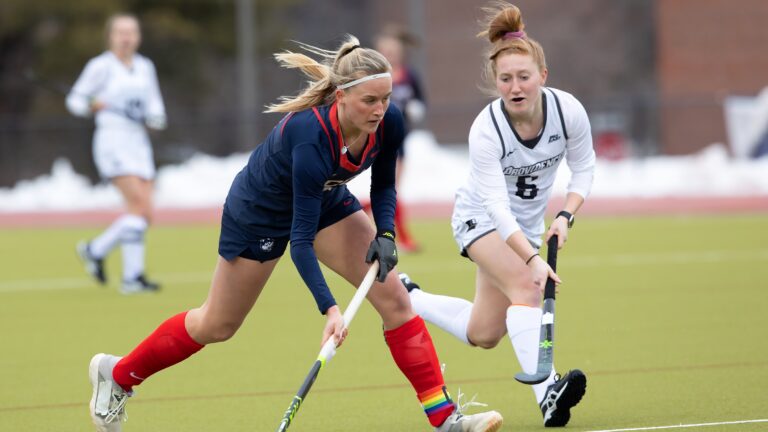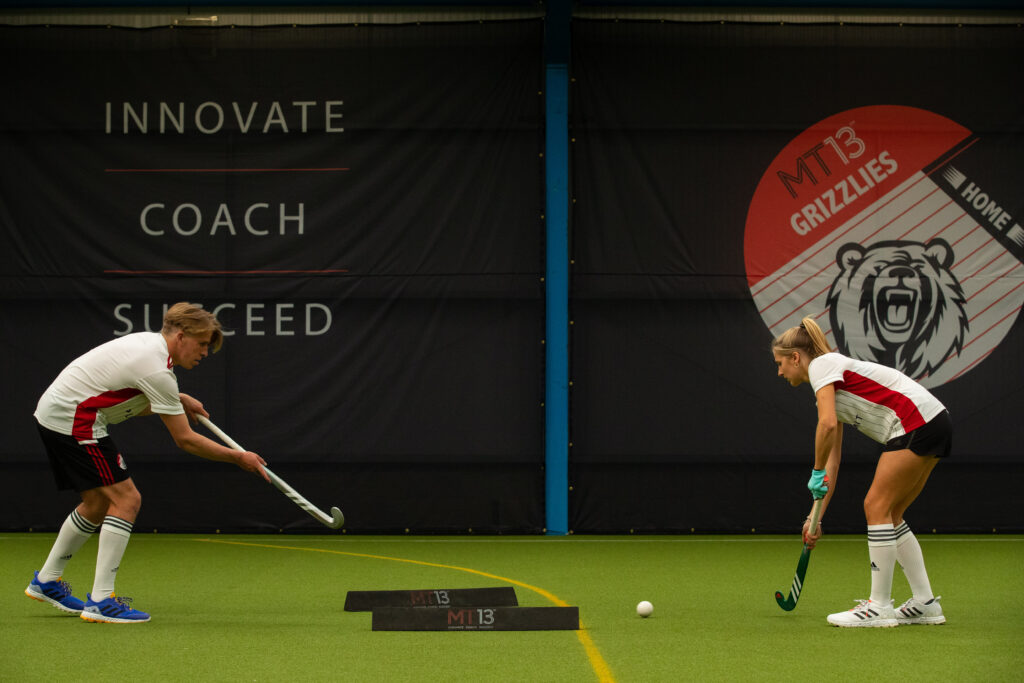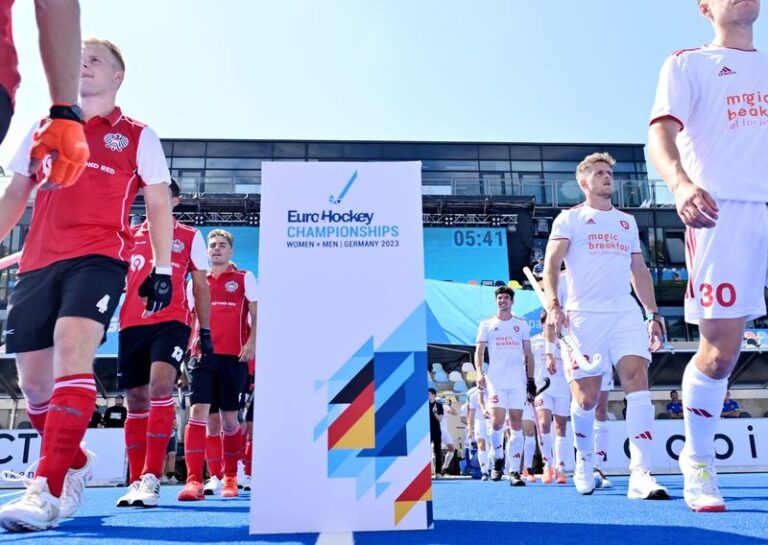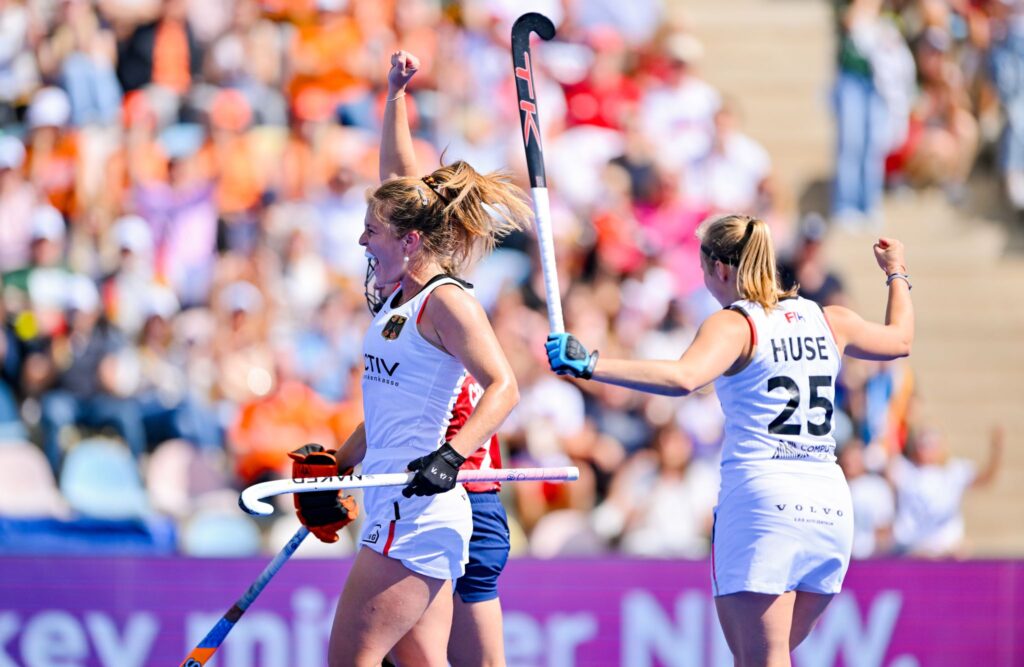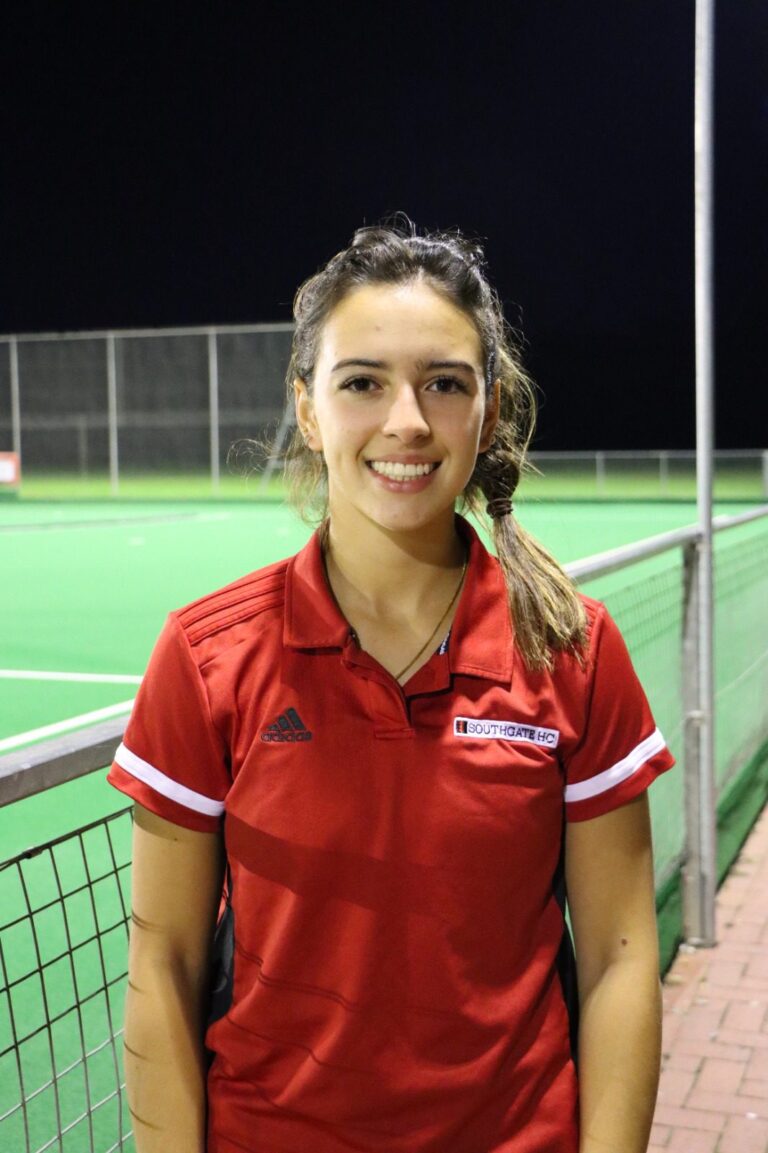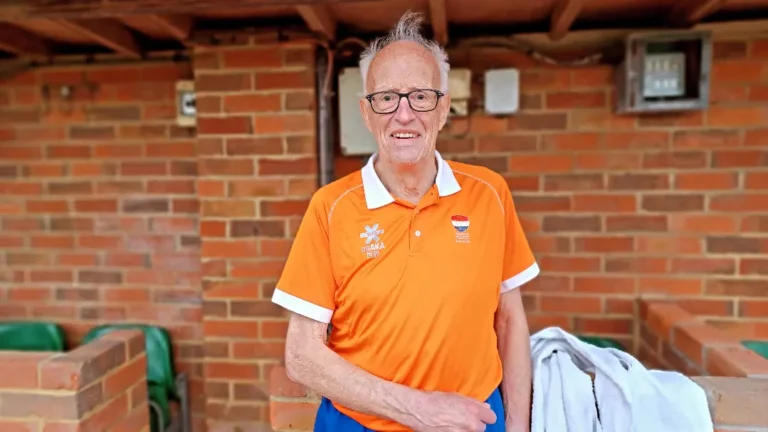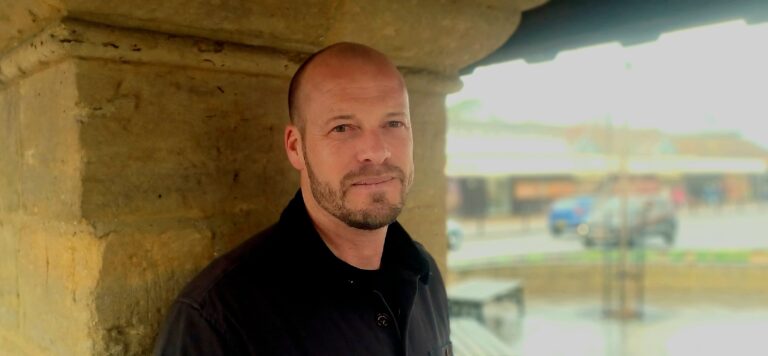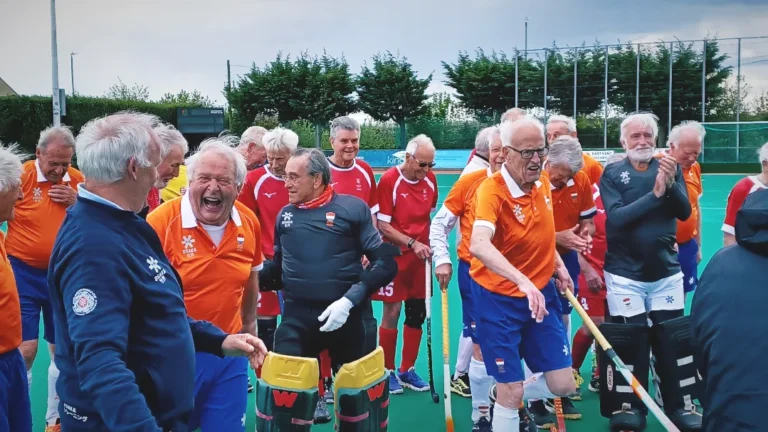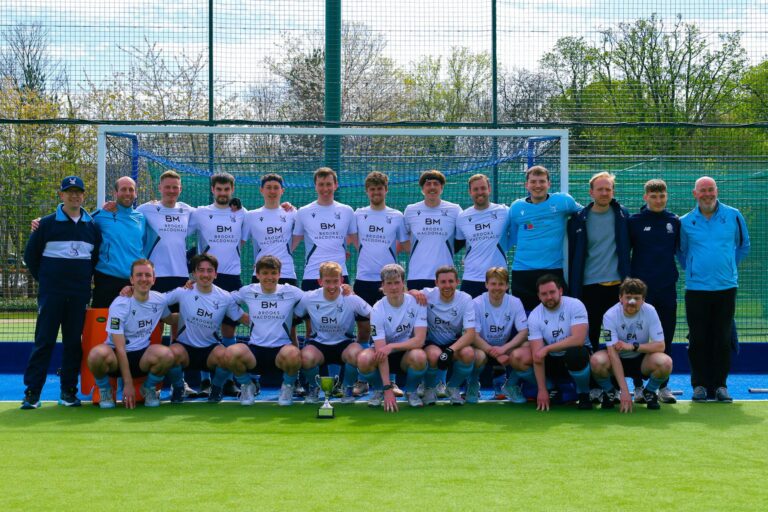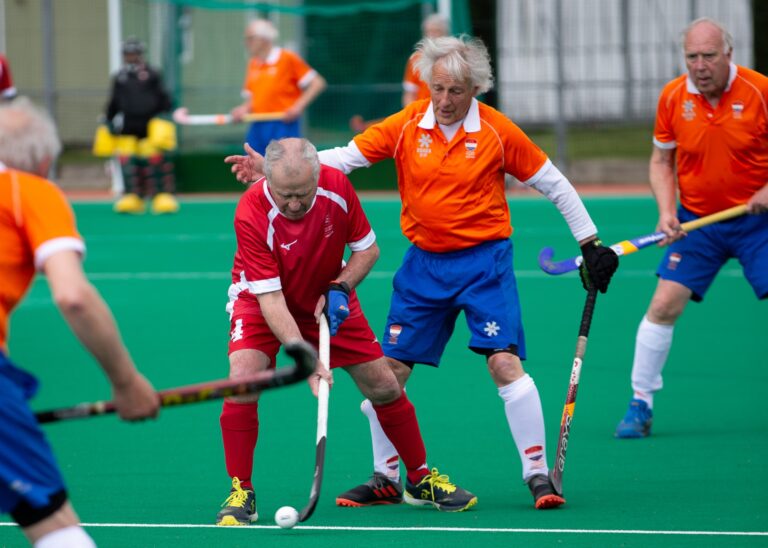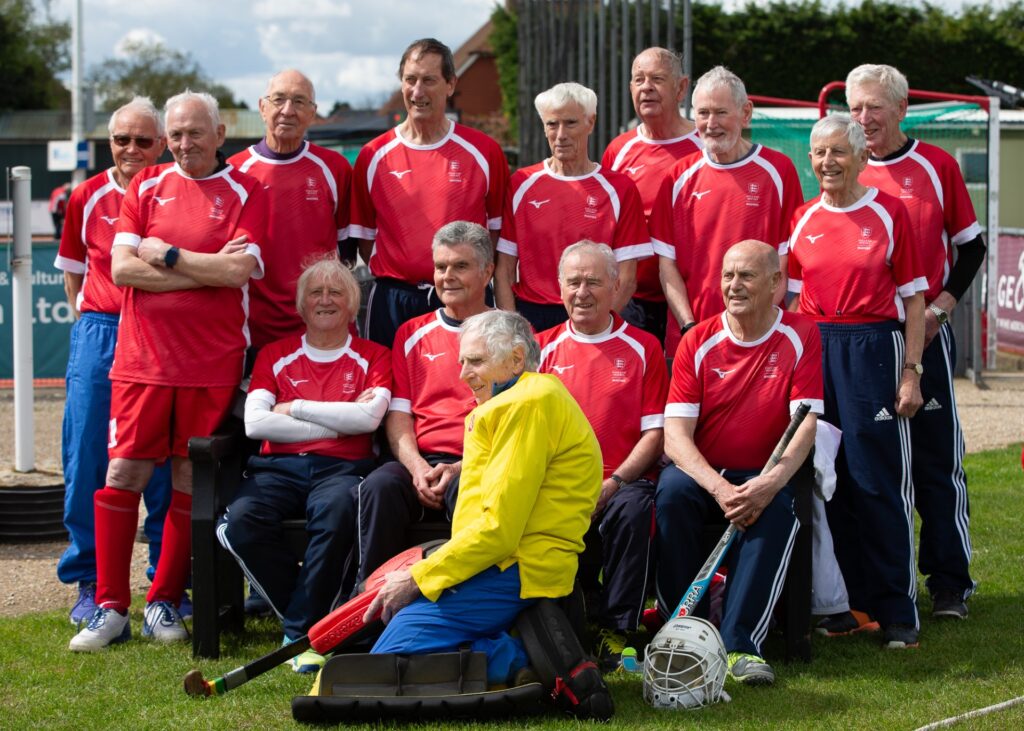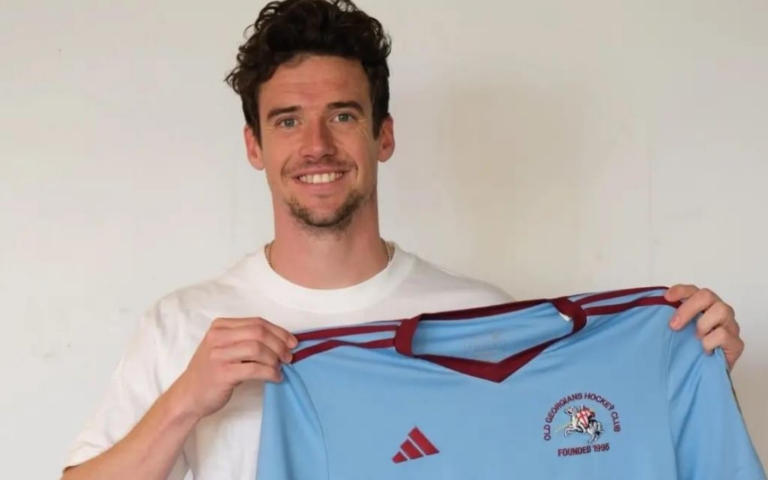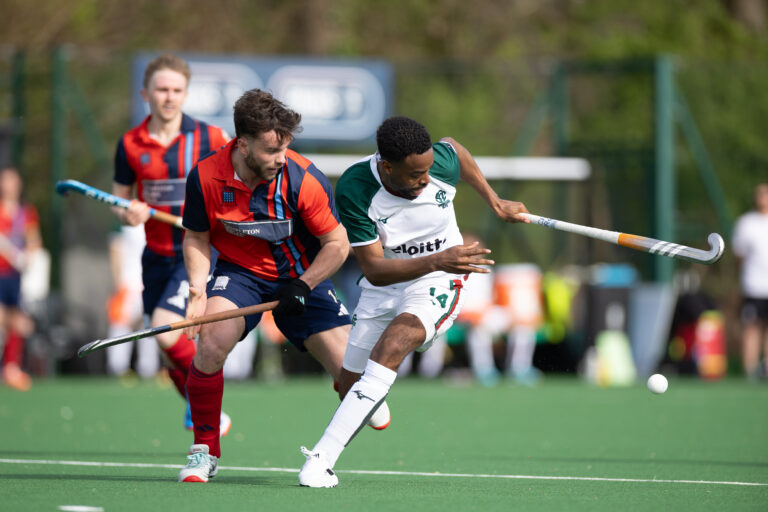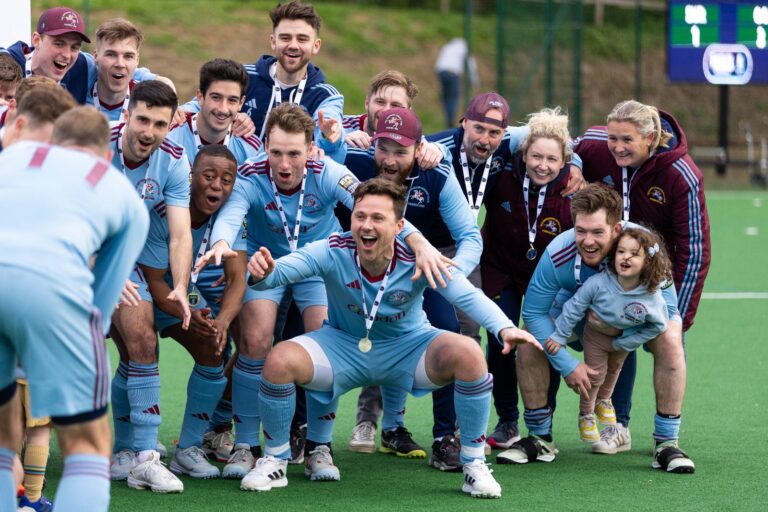MT13 have teamed up with Repton Hockey Club to develop and deliver a new, unique US Showcase.
The three-day Residential Camp will attract the very best 14 to 17-year-old female players from across the UK and Europe, who want to further their education and hockey in America. You can also claim 10% off with the code THP10 at checkout and you will need to book by Oct 31 at the latest.
Across the three days they will be assessed by around 20 different US University coaches, from prestigious Ivy League and non-Ivy League Division 1 US Universities
They will include: Harvard University, Boston University, Ball State, Wake Forest, Syracuse University, University of New Hampshire, University of Louisville, UCONN, University of Maryland, Saint Joseph’s University and The University of Iowa.
Players will also have the opportunity to gain an understanding of what it takes to both study and play sport at the top University level in the US directly from players from Stanford, Harvard, Princeton, Louisville and Iowa.
In the last four years, Martin Jones and Matt Taylor (US Showcase directors) have been involved in the development of over 20 players who have played Division 1 NCAA hockey, the top division in the USA.
US coaches will be able to assess players under conditioned exercises, match play and physical testing. There will also be specific goalkeeper sessions and a post-grad players section. At the end of the Residential Showcase, each player will have access to a high quality showreel with footage from the Residential Showcase combined with footage they have provided. These showreels will also be available for the player to engage with a wide range of US coaches.
This residential camp gives US coaches more time to interact with players (in accordance with NCAA rules) allowing the US coaches to build a more in-depth profile of players, and for players to understand the application process in more detail and playing and studying in the US.
The lowdown
Duaration: 3 Days / 2 Nights
Dates: December 12-14
For who: Outfield players and goalkeepers
Venue: Repton School
Match play: 11 v 11 daily matches
Please visit mt13.co.uk for more info, prices and to BOOK YOUR PLACE
You can claim 10% off the final price with the code THP10 at checkout
Need to book by the October 31 at the latest
